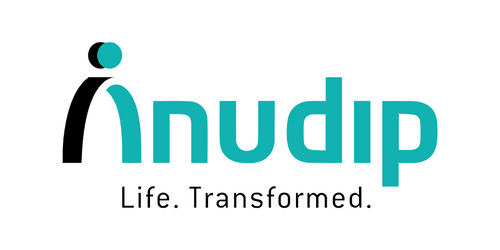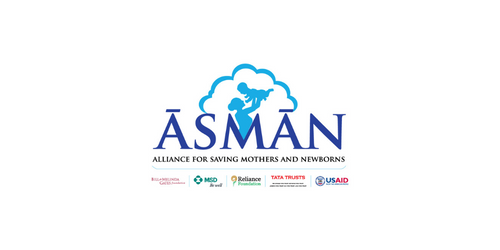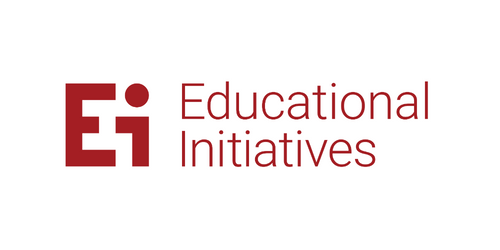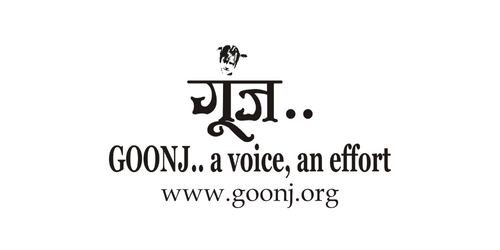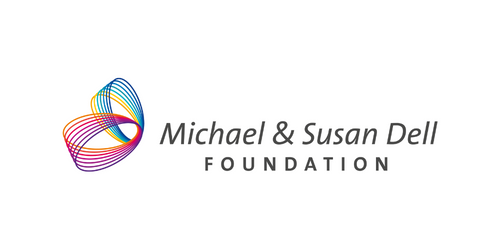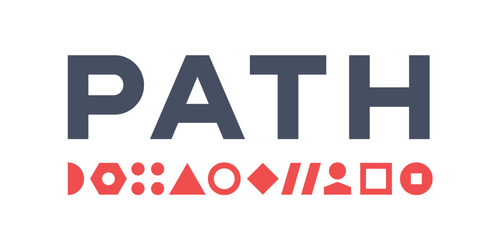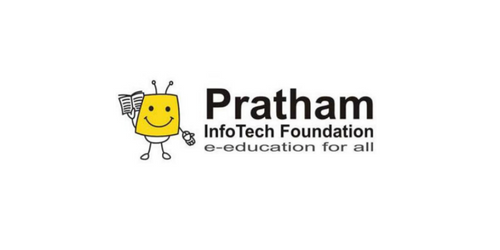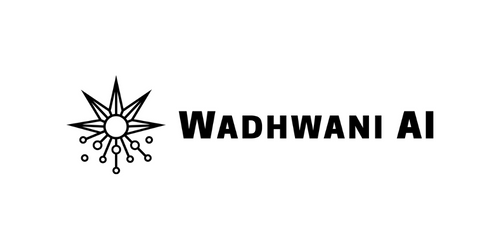
Micro Matters
In November 2022, on the eve of India’s assumption of the G20 Presidency, Prime Minister Narendra Modi announced that the principle of “data for development” (D4D) would be integral to India’s tenure as President. His statement was echoed by the G20 Bali Leaders’ Declaration in which heads of state unanimously “reaffirm[ed] the role of data for development” in promoting “economic growth and social well-being”.
Published by Reliance Foundation and Observer Research Foundation, Micro Matters explores eight interventions by civil society organisations in India that are advancing the country’s D4D agenda by gathering data; processing it to evolve insights; translating insights into actions; and making a social impact. Their modus operandi reflect many of the priorities articulated by the Government, and are examples of the D4D ethos that India is keen to promote as President of the G20.
With India already being hailed by many as the voice of the Global South both within the G20 and beyond, there could not be a more consequential time to start mainstreaming the D4D approach into the international development agenda. Micro Matters could serve as a step in this direction, and guide policymakers and practitioners alike.
For Reliance Foundation and Observer Research Foundation, this book is the third in a series about transformations in development and governance. The first two - Aspirations, Access & Agency and The First Responders - focused on narratives of women-led change at the community level. The present volume marks a shift by exploring the interventions of organisations rather than individuals.
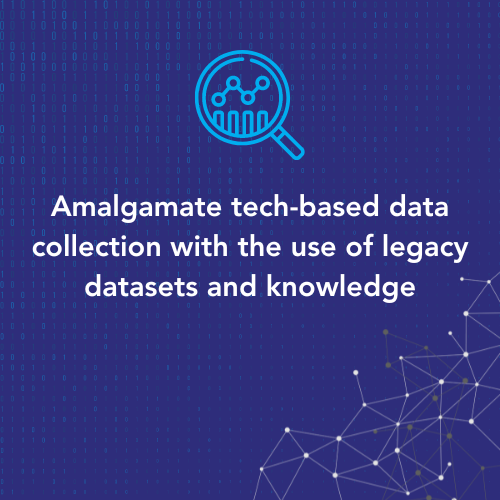
To offer actionable insights, the data being collected needs to be focused but wide-ranging, offering a multifaceted perspective of issues. While tech-based methods are often used to gather data, a second layer of data generation is crucial.
.
Real-time data analytics, when made available to decision-makers, enable policy decisions and course correction. Dashboards and e-platforms are increasingly being used to track data, identify trends and decode volatility with impressive results.
.
Emerging and disruptive technologies hold great promise for national development, and geospatial technologies and AI are chief among them. A new generation of Indian D4D initiatives is beginning to leverage emerging tech with powerful outcomes.
.
D4D programmes afford opportunities to strengthen ecosystems by rolling out targeted ancillary services. These services, such as the systematic sensitisation and capacity-building of stakeholders, should be built into the design of the intervention.
.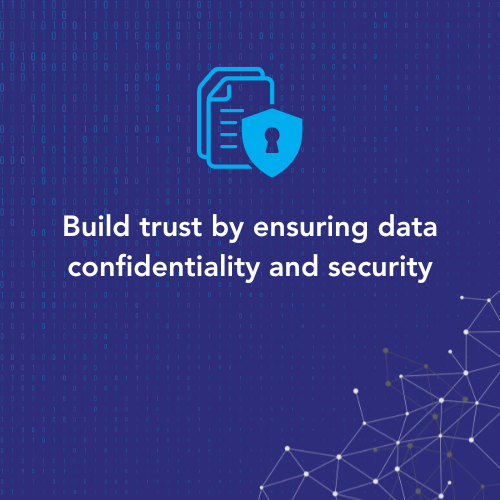
The credibility and success of data-for-development projects will hinge on how well they maintain data confidentiality and security, and ensure an individual’s fundamental right to privacy and build trust.
.
Tech-enabled data-for-development projects have an inherent capability to be scaled and reproduced. It is prudent, therefore, to visualise outcomes at scale from the outset. Several cases mentioned in the publication bear this out.
.
Poor internet connectivity and the lack of access to devices continue to plague D4D programmes in parts of rural India. In these environments, alternate solutions must be provided so that no one is left behind.
.
Data for development projects are almost always intensely collaborative, and partnerships must be built at various levels and across diverse stakeholder groups. A direct correspondence exists between multistakeholderism, scale, and success.
.
